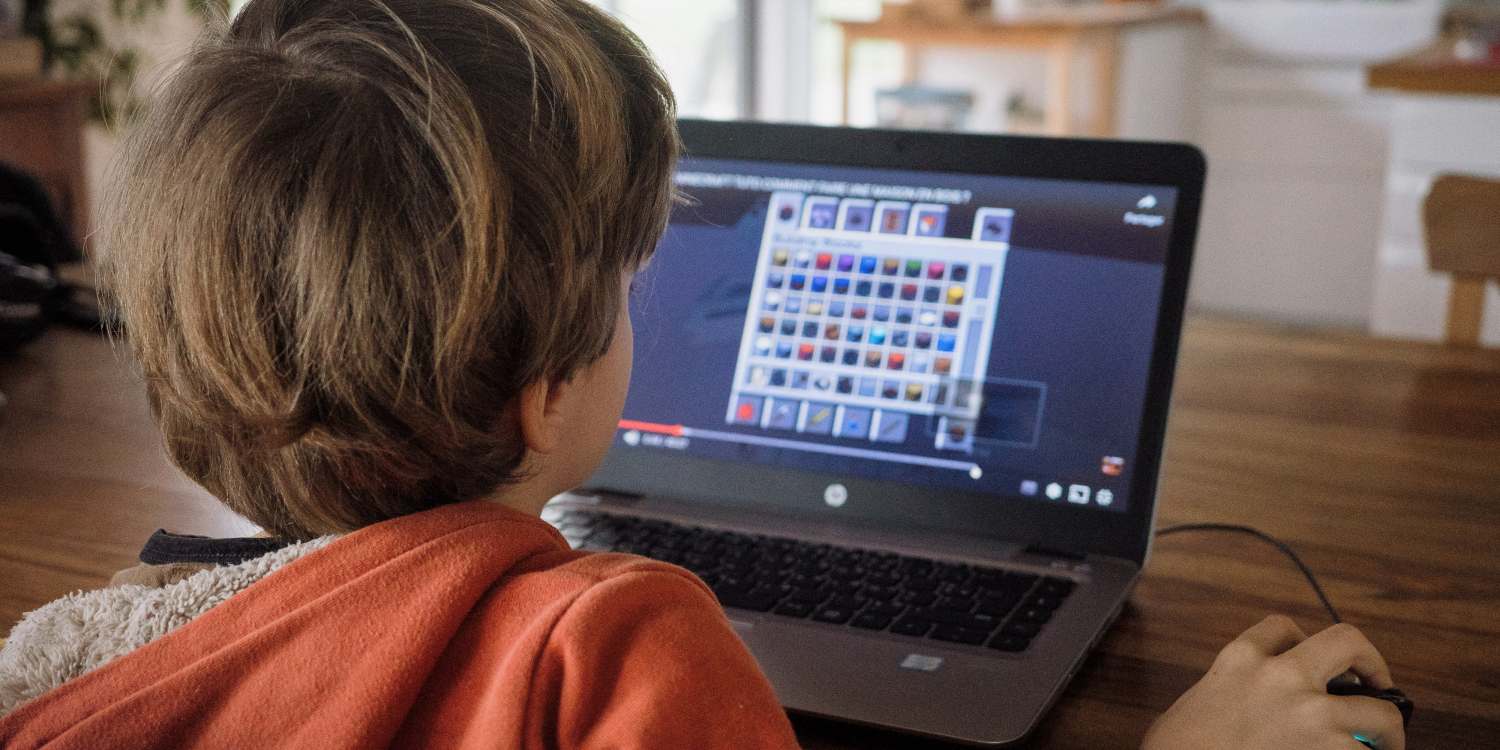Yasmina Kattou, edited by Yanis Darras 08:25, April 12, 2023
While the phenomenon is growing in recent years, Inserm and Public Health France have looked at the screen time of French children. From the age of 2, children spend almost an hour a day in front of a digital object. But, this figure differs depending on the region where the child grows up.Smartphone, video games, TV... The time spent in front of screens by French children has been steadily increasing in recent years, according to several studies. But until now, no national survey had been conducted on the subject.
>> Find Europe Matin in replay and podcast here
So, based on data from the Elfe study, which follows more than 18,000 families in the country with a child born after 2011, researchers from Inserm and Public Health France draw up a picture of the time spent on screens of children aged 2 to 5 and a half. And the result is edifying, to say the least: from the age of two, a French child spends an average of 56 minutes each day in front of a screen. But this figure differs by region.
Parents overwhelmed by exposure to screens
Thus, a child from Hauts-de-France watches more television than a 2-year-old Breton, with an average of 1 hour and 4 minutes for the first, against only 41 minutes for the second. And the habits taken from an early age persist: at 5 and a half years old, children in Hauts-de-France always spend more time in front of screens than those in other regions with 1 hour 43 minutes of exposure on average. This is 26 minutes longer than a child in the Pays de la Loire region for example.
Another worrying fact is that this report shows that only 13% of parents apply the recommendation "no screen before 2 years". However, this recommendation is essential, at the risk a few years later, of having deleterious effects on his offspring.
>>READ ALSO - EUROPE 1 AND YOU - Are parents responsible for their children's addiction to screens?
Fewer faculties
"With one hour of screen time a day in kindergarten, you lose almost 40% of the mathematical competence of children in CM2. And this is precisely because if you take an hour to play, the child stacks small squares on top of the big effects, makes Lego. And to build the number, you have to be able to be serious, you have to be able to prioritize. And that's skills that are developed in this free game," which are not found on screens, says Michel Desmurget, neuroscientist at Inserm.
So, to avoid any delay, the researcher advises to avoid screens ideally, from 0 to 5 years.

